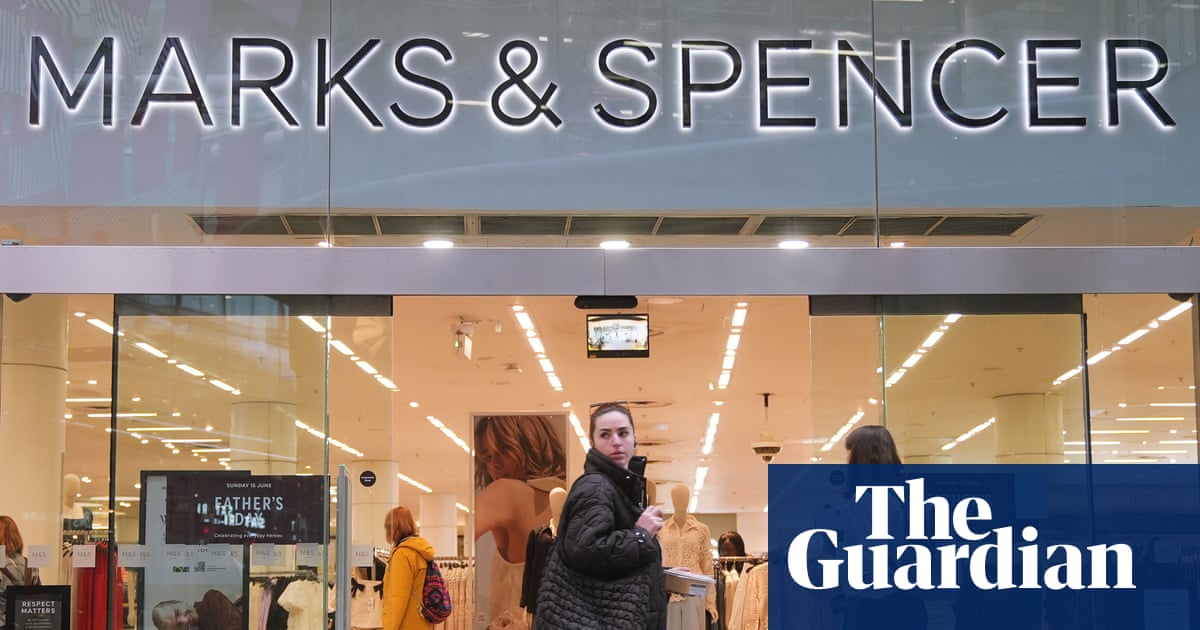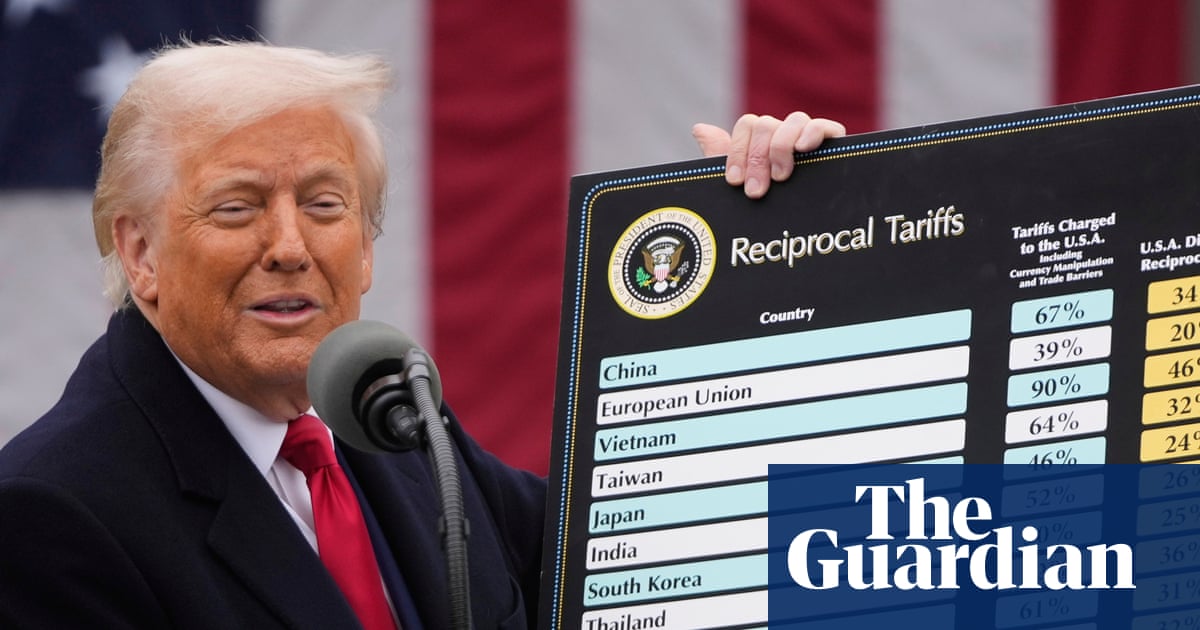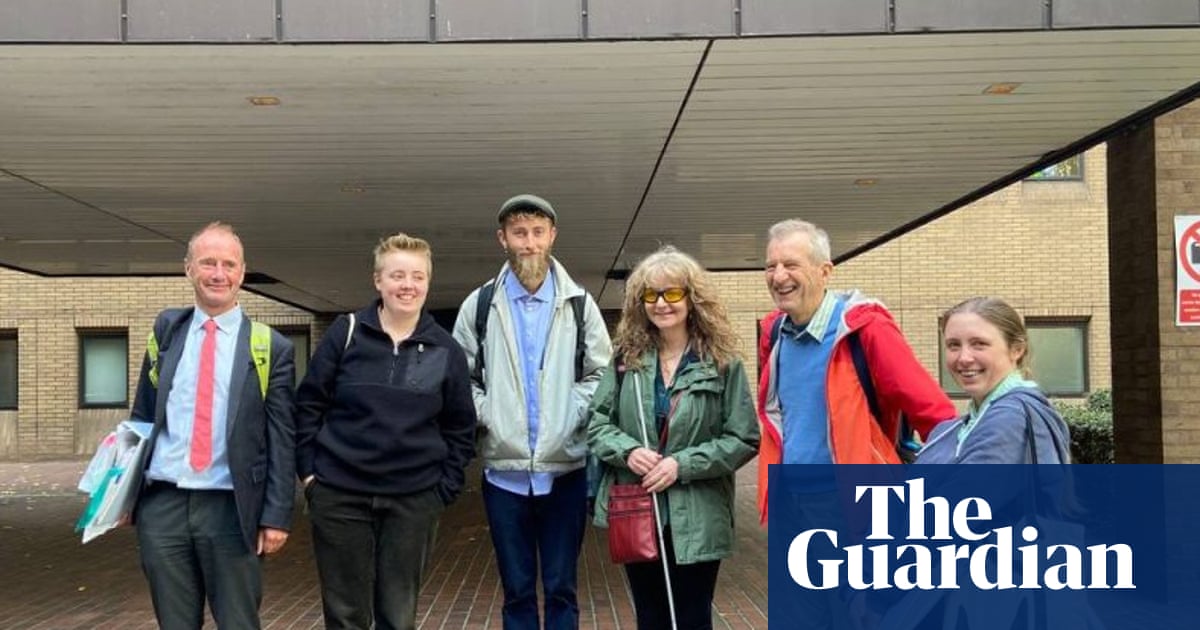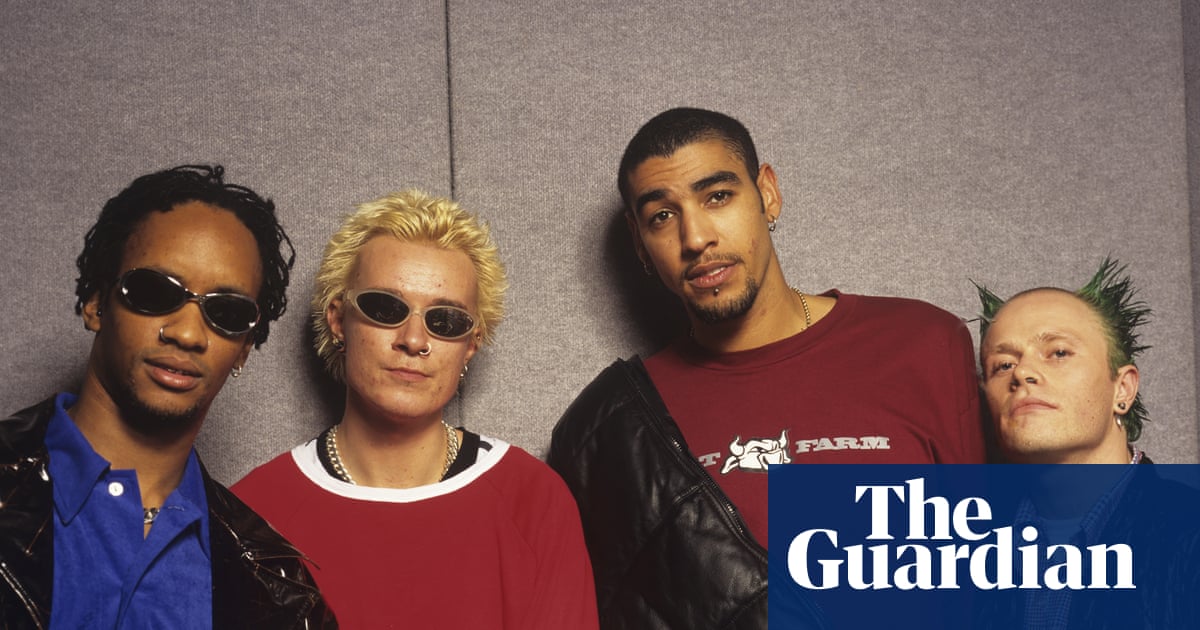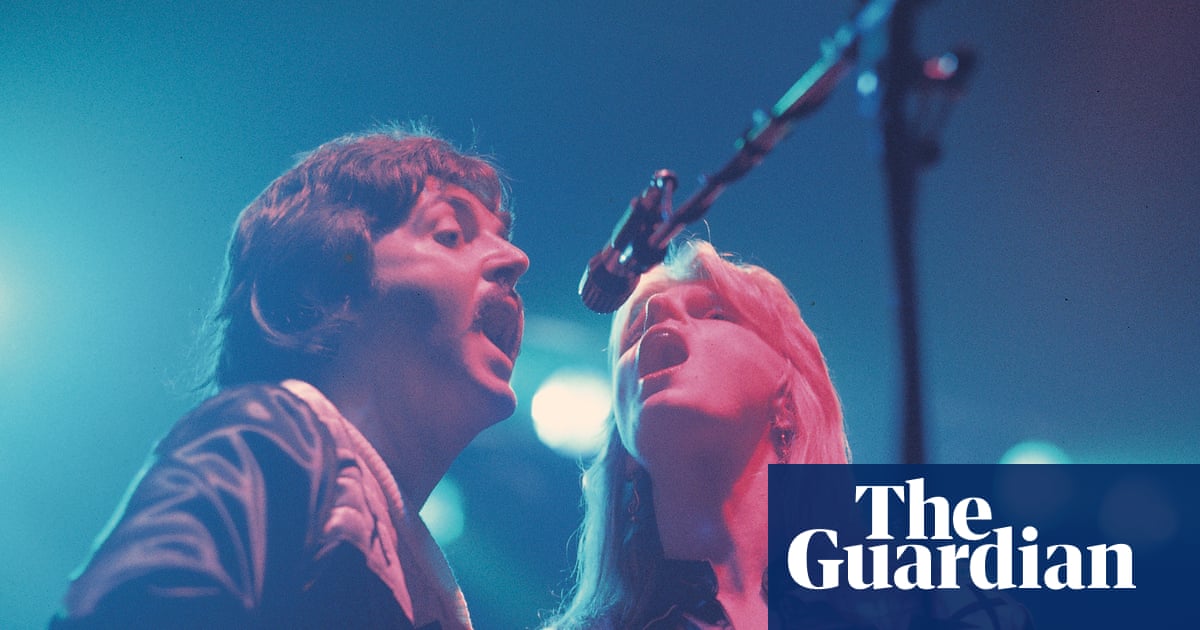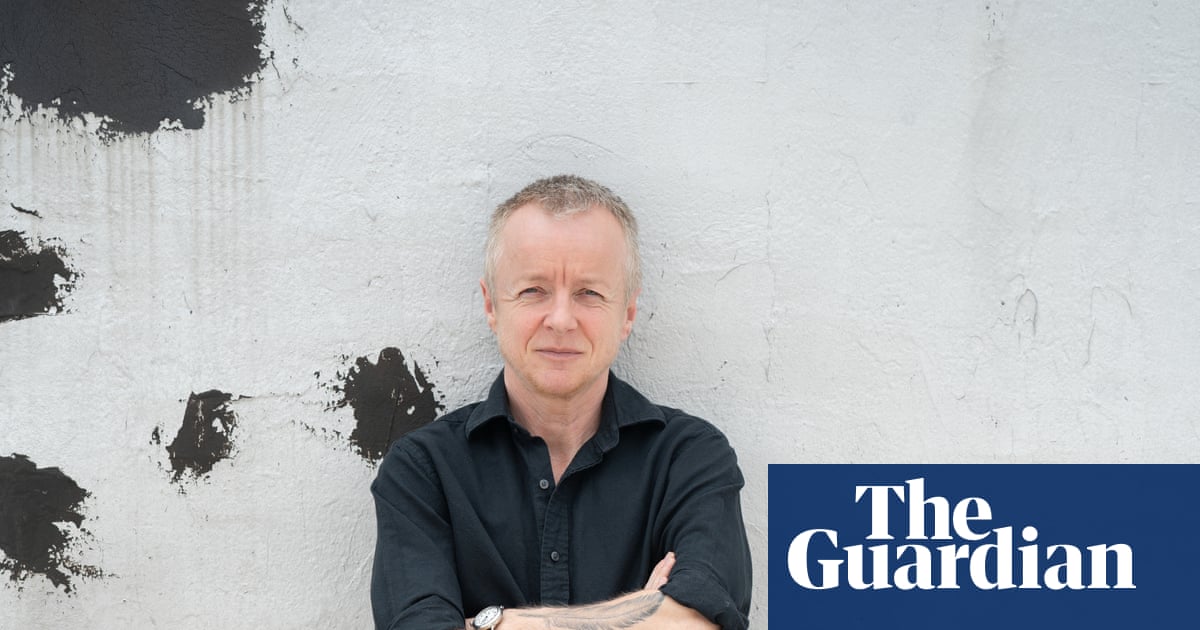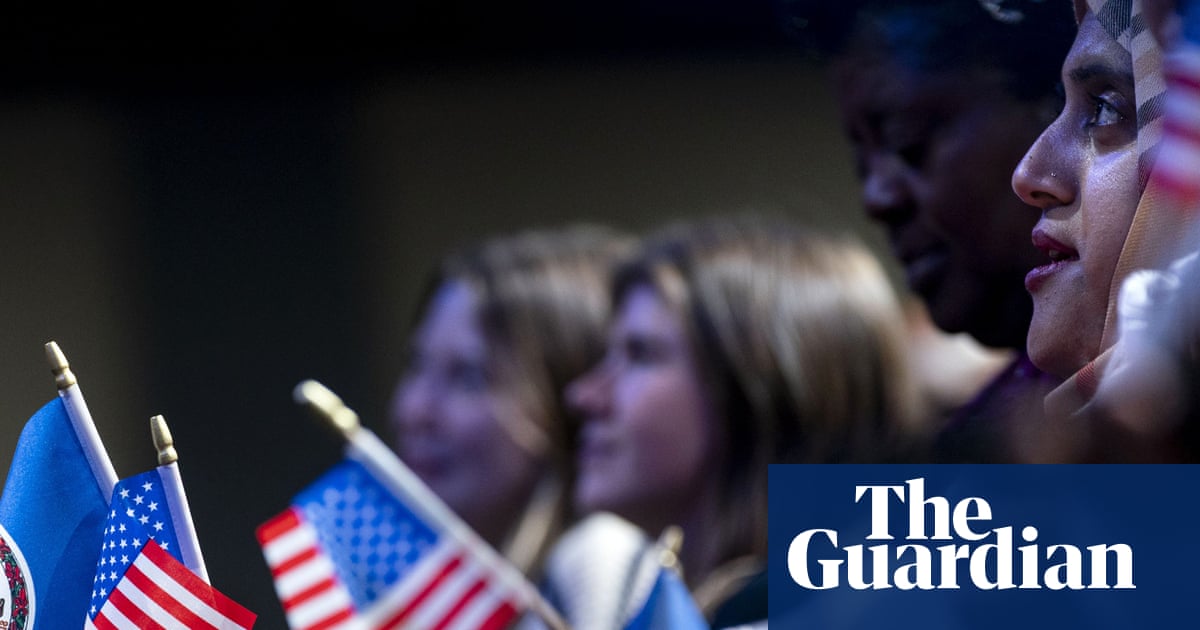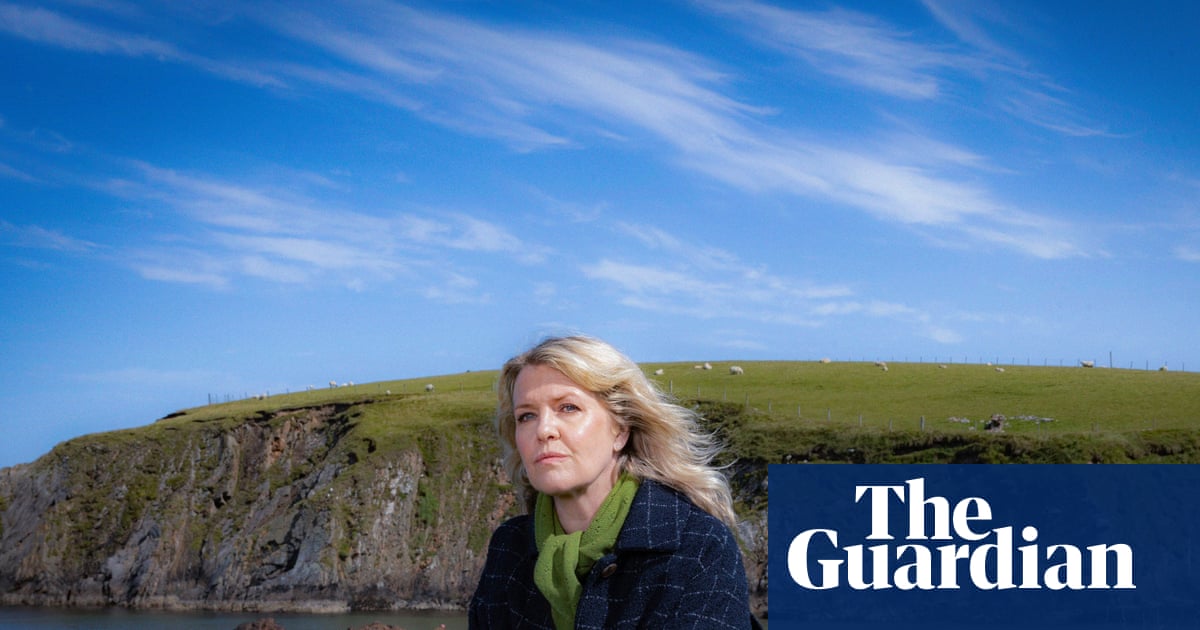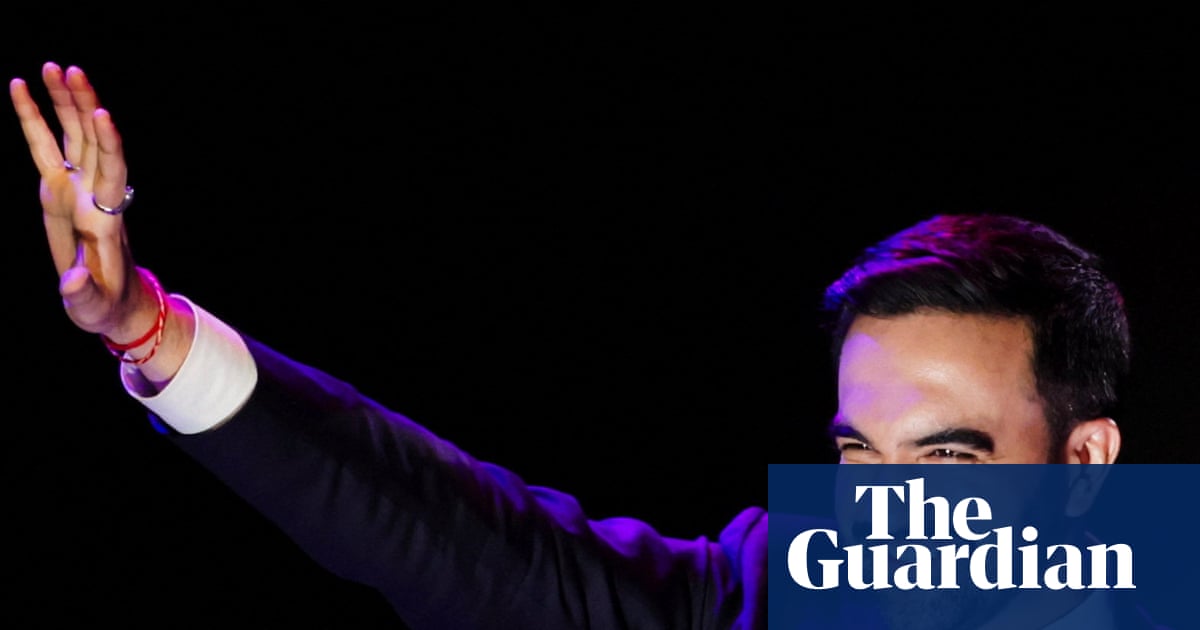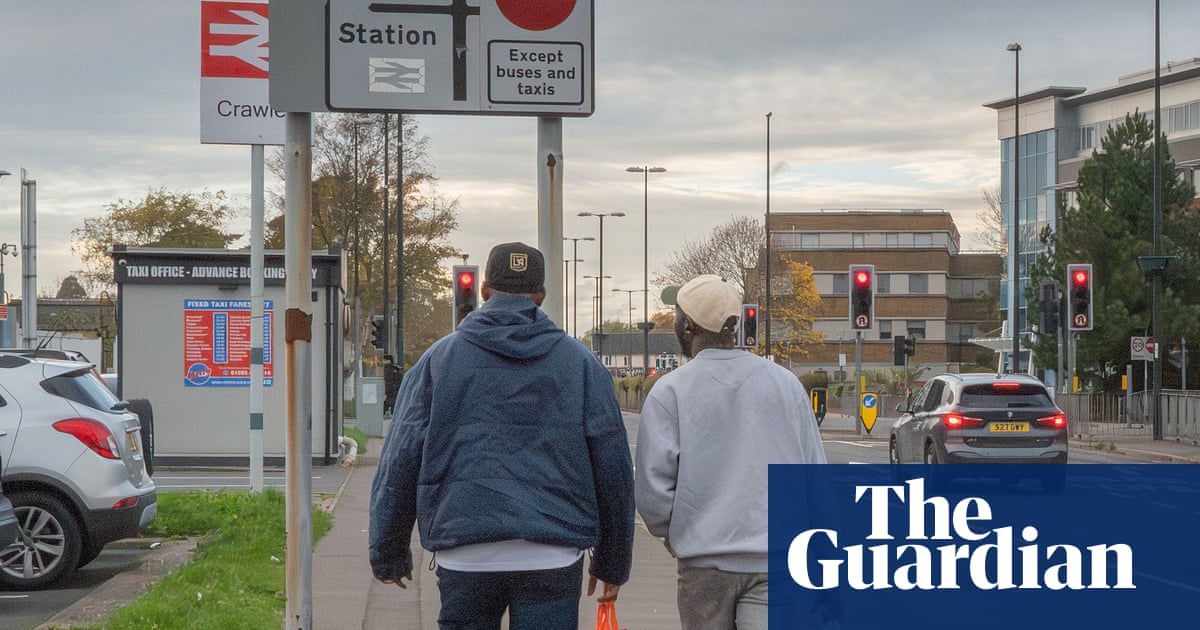-
“It could have been a mistake,” Donald Trump offered when asked on Thursday about the mass Russian drone violation of Polish airspace. Poland’s foreign affairs minister posted in reply: “No, that wasn’t a mistake.” An emergency session of the UN security council will convene on Friday at Poland’s request as Warsaw seeks to rally support after the Russian drone incursion, write Shaun Walker and Jakub Krupa.
-
Britain should work with European Nato allies in developing an integrated air and missile defence system, according to two authors of the UK strategic defence review. “Europeans are going to have to realise they will have to do this themselves,” said Fiona Hill, a former White House adviser, who said Russia was “testing the limits” of Europe’s defences at a time when the military commitment of the US to Nato was uncertain. Dan Sabbagh writes that Hill’s co-author, Gen Sir Richard Barrons, said it was necessary to “step up quite quickly to improve medium- to low-level air defence”.
-
Having just launched drones into Polish airspace, Russia on Thursday demanded that Poland reopen its shared border with Belarus where the Russians are conducting military exercises. The Kremlin alluded to “consequences” otherwise. Poland’s PM, Donald Tusk, announced the closure on Tuesday because of the “very aggressive” Zapad military exercises being conducted by Belarus and Russia as well as a growing number of provocations from the dictatorial allies.
-
Germany said it would “extend and expand” its participation in Nato’s air policing programme, to provide more cover to Polish airspace – doubling its contribution of Eurofighter jets to four, and extending their mission by three months to the end of the year. The French president, Emmanuel Macron, said France would “deploy three Rafale fighter jets to contribute to the protection of Polish airspace and of Nato’s eastern flank together with our allies”. The Czech Republic, the Netherlands and Sweden each summoned their Russian ambassadors to protest about the drone incident.
-
The British foreign minister, Yvette Cooper, is due to travel to Kyiv on Friday in her first overseas visit since being appointed in the role, reaffirming Britain’s commitment to Ukraine with a £142m ($193m) winter support aid boost. Cooper is due to meet Ukraine’s president, Volodymyr Zelenskyy, and senior Ukrainian officials.
-
Russia claimed on Thursday that Ukrainian drones attacked a training centre at the illegally Russian-occupied Zaporizhzhia nuclear power plant. Reuters could not independently verify the report. Each side regularly accuses the other of shelling or other actions that could trigger a nuclear accident.
-
Thousands gathered at the Slovak capital, Bratislava, on Thursday, in part to protest about last week’s meeting between their pro-Putin prime minister, Robert Fico, and the Russian president in Beijing. Fico has not visited Kyiv or anywhere in Ukraine hit by the war, but has repeatedly called for “normalising” relations with Russia.
-
New Zealand said it was lowering its price cap on Russian crude oil to $47.60 a barrel from $60. It brings New Zealand policy in line with Canada, Britain and the EU and is a “calculated step to curtail crucial oil revenues fuelling Putin’s illegal war of aggression against Ukraine”, said Wellington’s foreign minister, Winston Peters. New Zealand also released new sanctions against Russia targeting 19 individuals and entities and 19 ships. “We’re sanctioning actors involved in chemical weapons and disinformation, as well as shadow fleet vessels, alternative payment providers, and third-country facilitators in North Korea and Iran.”

 1 month ago
44
1 month ago
44



